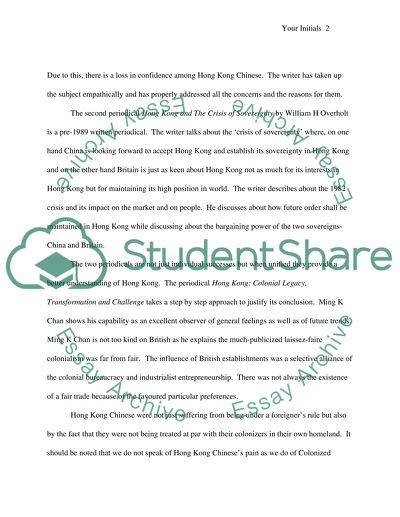Cite this document
(“Establishment of Hong Kong as a British Colony Essay”, n.d.)
Establishment of Hong Kong as a British Colony Essay. Retrieved from https://studentshare.org/history/1549345-establishment-of-hong-kong-as-a-british-colony
Establishment of Hong Kong as a British Colony Essay. Retrieved from https://studentshare.org/history/1549345-establishment-of-hong-kong-as-a-british-colony
(Establishment of Hong Kong As a British Colony Essay)
Establishment of Hong Kong As a British Colony Essay. https://studentshare.org/history/1549345-establishment-of-hong-kong-as-a-british-colony.
Establishment of Hong Kong As a British Colony Essay. https://studentshare.org/history/1549345-establishment-of-hong-kong-as-a-british-colony.
“Establishment of Hong Kong As a British Colony Essay”, n.d. https://studentshare.org/history/1549345-establishment-of-hong-kong-as-a-british-colony.


